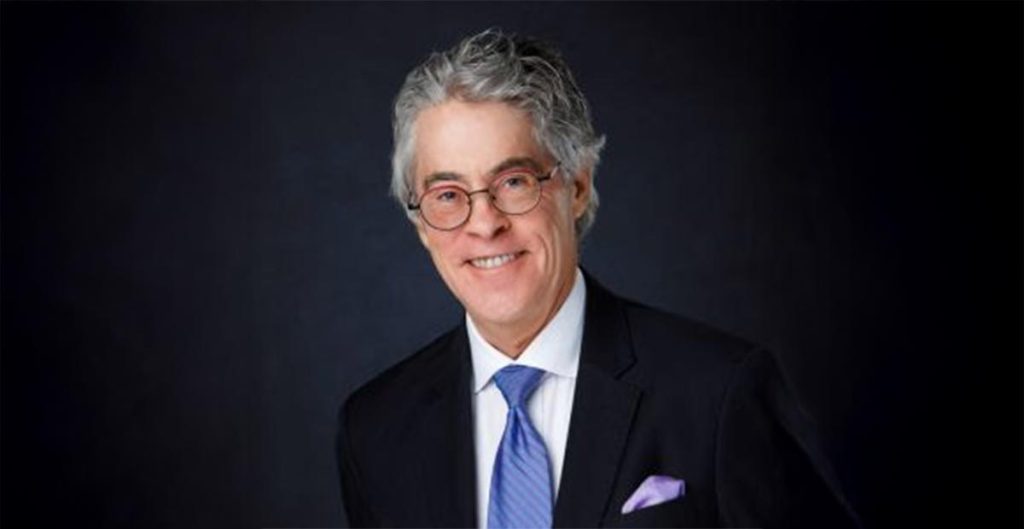Some financial advice is repeated so often it begins to seem cast in stone: Never touch your 401(k). Always diversify. College is the path to success. Debt is dangerous.
I recently attended the 2025 Nazrudin Project retreat, a gathering of planners, therapists, and coaches who explore the emotional aspects of money. One session focused on financial sacred cows. The discussion was a spirited reminder that even the most established financial “rules” deserve to be questioned.
One planner said, “My clients take loans on their 401(k)s all the time for debt repayment, first-time home purchases, and education.” To some, that sounds like financial malpractice. Generally, borrowing against retirement savings is not a good idea. Yet for families paying 20% on credit cards, or young buyers needing a down payment, it can sometimes be the least bad option. The point isn’t that you should raid your retirement plan, but that blanket prohibitions don’t always serve real people facing real tradeoffs.
Diversification is another rule, one I strongly recommend. Yet many business owners build fortunes by betting everything on their own company. One person described this as, “if you have a high degree of conviction, you could have concentration.” This is risky, no question. It doesn’t mean everyone should load up on a single stock. It does highlight that wisdom varies depending on circumstances.
The discussion also explored questions of values. One planner asked, “Our role in helping people not pay taxes, when taxes are the price we pay for civilization, should we challenge this rule?” Most of us have been taught to minimize taxes. But if we believe in good schools, safe roads, and functioning communities, there’s tension in doing everything possible to avoid paying for them. Should we be asking ourselves, “When I make tax decisions, am I thinking only of my bottom line, or also about the bigger picture?”
One participant declared, “I now believe we need to tax wealth, not work.” I’ll admit, I cringed. For someone who has spent a career helping people build and preserve wealth, the idea and complexity of a wealth tax lands heavily. Yet I also understood that the statement came from frustration at the growing gap between the ultra-wealthy and everyone else. It was a reminder that money conversations are never just technical. They often touch raw nerves about fairness and opportunity.
College costs drew some heated debate. “I personally feel that the cost of college now is unethical,” one participant said. Another added, “Two plus two is four, whether you go to community college or Harvard.” In a culture where prestige often trumps practicality, these words are sobering. Financial wellbeing is not built on elite credentials but on sustainable choices that factor in the potential burden of student loans.
Another topic was the myth of neutrality. Many of us want to believe our money choices are “just practical.” Every financial decision—what you buy, how you earn your income, where you bank, and how you invest—reflects values. As one participant put it: “When you try to remain neutral, you stand up for the status quo, and that is making a decision.”
What does all this mean for you? Established financial “rules” are valuable guides that exist because, in many cases, they work well. But they aren’t absolute. Your financial life is unique. The best rule may be to stay curious. Ask: “Does this fit my situation? Does it align with my values? Am I following it because it’s wise, or just because it’s familiar?”
Managing money well is about navigating choices with clarity, courage, and compassion. Sometimes that means following the rulebook; sometimes that means adapting it.
This article is an opinion editorial and may or may not express the opinions of The Rapid City Post, The HomeSlice Group and it’s affiliates, or advertisers.


